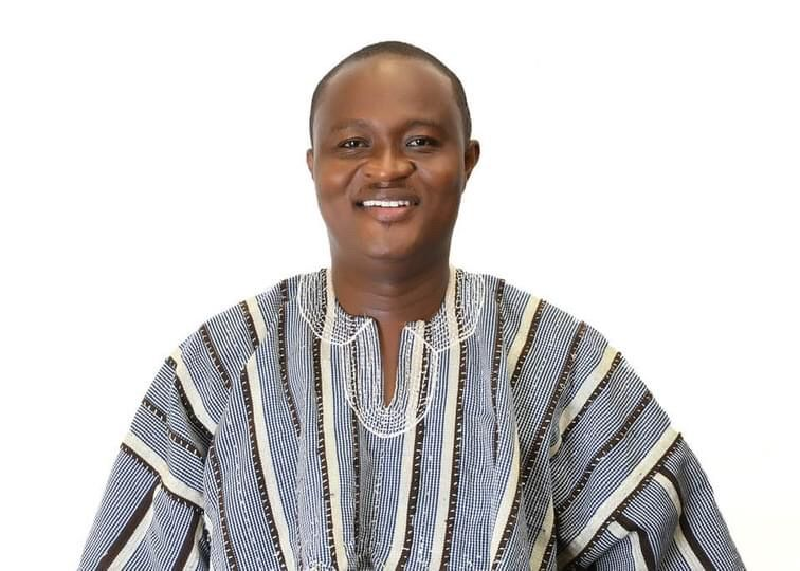Public Relations Officer of the Education ministry, Kwasi Kwarteng, has advised Broadcast Journalist, Kwabena Marfo to stop being sensational and act as a professional journalist.
This comes after the latter had said on radio that the education minister has said government will be re-painting all government school across the country. This, Kwasi Kwarteng said the broadcaster should have known better, since the ministry had released a statement to clarify the assertions, and subsequent interviews granted by the PROs of the ministry.
He said that the Ministry has said there is no intention to repaint all public schools across the country…and thus, Kwabena Marfo should have known this.
“The conversation was made to look as though we’ve planned to repaint every school and the whole idea about it, is procurement, which suggests that people will be profiting from the project. Which is not the case. We’ve clarified this so many times, with a lot of statements. So why would Kwabena Marfo say this… this makes it difficult for those of you doing open- minded journalism, to be exempted. You are all affected. Where are we gearing at as a country, when Journalism is reduced to sensationalism…”, he said in an exclusive interview with Kwaku Dawuro on Movement TV.
The current initiative exclusively focuses on newly constructed schools.
“Most times, people think the investment government has made in the educational sector only focuses on the Senior High Schools, which It is not the case, so what the sector Minister did last Tuesday at a forum in UPSA was to educate Ghanaians on what the government has equally done within the lower primary especially JHS level…that is the reason he showed videos of the new model junior high schools coming up…and these ones are replacing the dilapidated structures and schools under trees we have in this country. The aim of that is to enhance their visual appeal and bolster public confidence in the quality of public basic education.”, he added.

